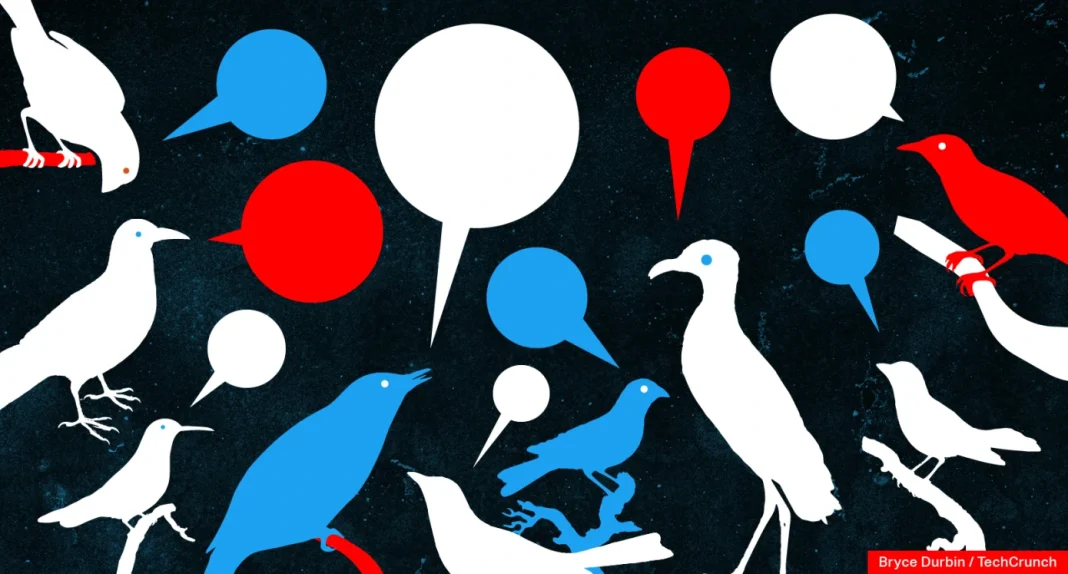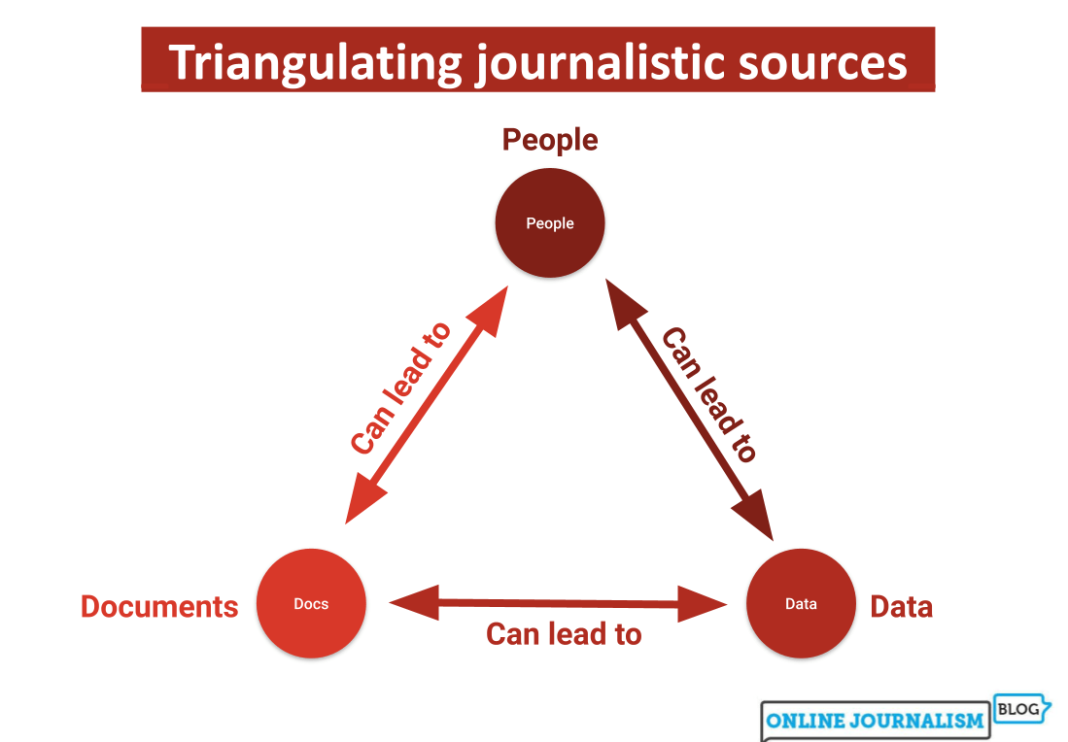by ALDANA VALES Jan 13, 2023 in JOURNALISM BASICS
Stress and anxiety have long been prevalent among news professionals. A Columbia Journalism Review article in 1999 noted that nearly 40% of editors in the U.S. “reported job-related health problems ranging from insomnia to alcoholism and hypertension.” There was no social media at the time, and few newsrooms were even online back then. Still, media professionals worked long hours and covered difficult topics, among other occupational stressors.
In 2015, the Dart Center for Journalism & Trauma found that between four and 59% of journalists have symptoms of post-traumatic stress disorder (PTSD), depending on their beats or locations. The COVID-19 pandemic, social unrest, and a range of economic crises globally in the years since have exacerbated the situation.
What can journalists do to care for their mental health today — including assessing whether they need to take a break? Here is some advice from career coaches who work with news professionals around the world.
[Read more: How non-media experience can make you a better journalist]
What they don’t teach you in journalism school
Phoebe Gavin, a career and leadership coach, is “seeing an acceleration in occupational burnout and burnout-adjacent symptoms,” she said in an interview for this article. Or, at least, “burnout-adjacent responses and descriptions of how people are experiencing work.”
This, she explained, is the result of many layers of stressors that journalists experience as part of their job. The profession regularly engages with difficult topics – most notably in recent years the pandemic, protests and war. On top of that, there’s the economic uncertainty that continues to haunt the industry.
The Self-Investigation, a foundation centered around journalists’ well-being, aims to encourage journalists to focus on their own well-being. One of the foundation’s trainers, Aldara Martitegui, pointed to the pandemic as one of the main reasons for the current situation. For her, many journalists who weren’t used to high-risk reporting suddenly found themselves in a strange, new place. “For the first time, we had to report on a hard and difficult reality that was affecting us at the same time,” she explained. This crisis, she said, moved journalists away from the mere observer role and turned them into affected parties, too.
“Many of us saw that we lacked the tools to manage such a situation,” Martitegui said. “This led journalists to be more open to the possibility of [acknowledging that] we are missing the emotional tools that they don’t teach us in school.”
Communicating your boundaries
The Self-Investigation, Martitegui explained, tries to create a space for journalists to become aware of the conditions in which they operate. It’s also about identifying what we need to practice the journalism we believe in, and do it “from a place of mental clarity, in a calm state of mind, not agitated.”
Some questions might arise from this, Martitegui said:
- “Is it useful that I’m always connected to information [and] social media?”
- “How is this affecting my life?”
- “What type of journalist do I want to be?”
- “Can I be that journalist in the news organization I’m with?”
One of the top challenges the Self-Investigation team has witnessed among journalists is their inability to express themselves. “We see a lot of frustration in journalists who are overwhelmed by the amount of work they take on, and they feel unable to say ‘enough, this is it, I can’t do this.’ There’s a lot of fear,” she said.
This also happens among freelancers, who might be afraid of rejecting a project, fearing they won’t be asked again.
Gavin agreed. “It really does come down to boundaries and expectations, and making sure what those are,” she said. Journalists should communicate what feels right for them: “They can’t expect their partner or their boss or their team member to magically just know what they need.”
[Read more: Tips for reporting ethically and accurately from abroad]
The industry’s role
Managers should be receptive to their employees’ boundaries and expectations, and be willing to discuss what “makes the most sense for you as an individual while also serving our audience and maintaining our business,” Gavin said.
This might not be the case at every news organization. It’s important, as a result, to research and “identify the newsrooms that may churn through their people, and those that are aware that this is a problem.”
Some people in leadership roles are starting to notice how stress is affecting their staff. As journalists flee to other lines of work, editors recognize they are losing talent. “There’s a concern because people are really experiencing burnout and want to leave the profession,” Martitegui said.
Maybe, she posited, that’s what’s also increasing managers’ interest in their journalists’ emotional wellness and mental health: “Journalism needs healthy journalists. [It needs to facilitate] the right state of mind for doing journalism.”
Additional tips
Get it out of your head
Spend time writing out what you’re doing, how you feel, and how you wish things felt, recommended Gavin. “Once it’s on paper, you can actually do a little bit more analysis from a little bit more emotional distance than when it’s just banging around in your head,” she said. Ask yourself: What of these things are problems that I have some agency and influence over? What are the assumptions that I’m making about myself or others?
Know your value
The better you know yourself, the better you’re able to pitch yourself as a valuable contributor. “The more strategic you are about building your skills and your portfolio [and] the more strategic you are about building your network, the more opportunities you’re going to have to choose from,” Gavin said.
Be specific
“Building our emotional vocabulary and our knowledge about what burnout actually is, beyond the sort of pop culture buzzword way of describing it, is going to be really helpful as we figure out what we need to do,” she added.
Practice being assertive
There are two key ingredients for this – respect and firmness, Martitegui said. She offered an example to help journalists communicate this: “I understand that you need this. I understand your need, that for you this is important. But I can’t do this and I won’t because doing this implies I won’t rest.”
Talk with your colleagues
This can help fight demotivation and disquiet. “It helps us connect again with those [journalistic] values, principles and goals, and feel that fire and passion for the profession again,” said Martitegui.
Photo by Zac Durant on Unsplash.
This article was updated on Jan 25, 2023.




